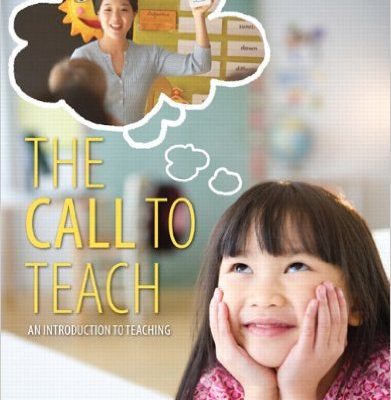A Teacher’s Guide to the Concrete Operational Stage

A phase in which kids develop logical reasoning skills and the capacity to comprehend conversations and can use these skills effectively in contexts and situations familiar to them.
The concrete operational stage is the third stage in the theory of cognitive development. This stage spans the time of middle childhood—it starts around age 7 and continues until age 11—and involves the development of logical thought. Thinking is concrete, and kids become much more logical in their cognition during this stage of development.
This is an essential stage, but it also serves as an essential transition between earlier stages of development and the upcoming stage where kids should learn how to think more abstractly.
Kids at this age are more logical about concrete things, but they still struggle with abstract ideas and thinking.
Logic
Jean Piaget theorized that kids in the concrete operational stage were good at using inductive logic. Inductive logic involves going from a certain experience to a broad principle.
Inductive logic would be noticing that when you are around a cat, you have itchy eyes and a scratchy throat. You may then reason from that experience that you are allergic to these animals.
Kids at this age have issues using deductive logic, which involves using a broad principle to decide the outcome of an event. For instance, a kid may learn that A=B, and B=C, but may still struggle to comprehend that A=C.
The most essential development in this stage is a comprehension of reversibility or the understanding that actions can be reversed.
A reversibility example is that a kid may be able to recognize that his or her dog is a Golden Retriever, that a Golden Retriever is a dog, and that a dog is an animal.
More Key Characteristics
One vital development at this stage is the understanding that when an object changes in appearance or shape it is essentially the same, a concept known as conservation. Children at this stage understand that if you separate a candy bar up into smaller pieces it is still the identical amount as when the candy bar was whole.
Imagine that you possess two candy bars of the same size. Break one candy bar up into two identically sized pieces and the other candy bar up into four smaller but proportionately sized sections. Kids who are in the concrete operational stage should comprehend that each candy bar is still the same amount, whereas a younger kid should believe that the candy bar that has more pieces is bigger than the one with two pieces.
Egocentrism Decreases
Piaget’s concrete operational stage is also evidenced by decreases in egocentrism. Kids in the preceding stage of development (the preoperational stage) struggle to take into account the viewpoint of others, but kids in the concrete stage can imagine things the way that others see them.
During Piaget’s Three-Mountain Task, for instance, kids in the concrete operational stage can illustrate how a mountain scene would be perceived by an observer seated across from them.
Kids are not only able to begin thinking about how other people see and experience the world, but they also even begin to use this kind of information when making decisions.
Observations
One of the many key features of the concrete-operational stage is the capacity to concentrate on multiple parts of a problem. Kids in the preoperational stage of development concentrate on one facet of a problem, but kids in the concrete operational stage can engage in what is known as “decentration.” Kids in this stage can concentrate on many facets of a situation concurrently, which plays a vital role in the comprehension of conservation.
Piaget’s stage of cognitive development also serves as an essential transition between the preoperational and formal operational stages. The concept of reversibility is an essential step toward additional cognition, although at this stage it only applies to concrete situations.
Kids at the intial stages of development are egocentric, and those in the concrete operational stage become more socio-centric. They are able to comprehend that other people have their own thoughts. Children at this point are aware that other people have distinctive perspectives, but they may not yet be able to guess how or what that other person is experiencing.
This growing capacity to mentally manipulate info andunderstand the thoughts of others plays a vital role in the formal operational stage of development when logic and abstract thought become vital.






